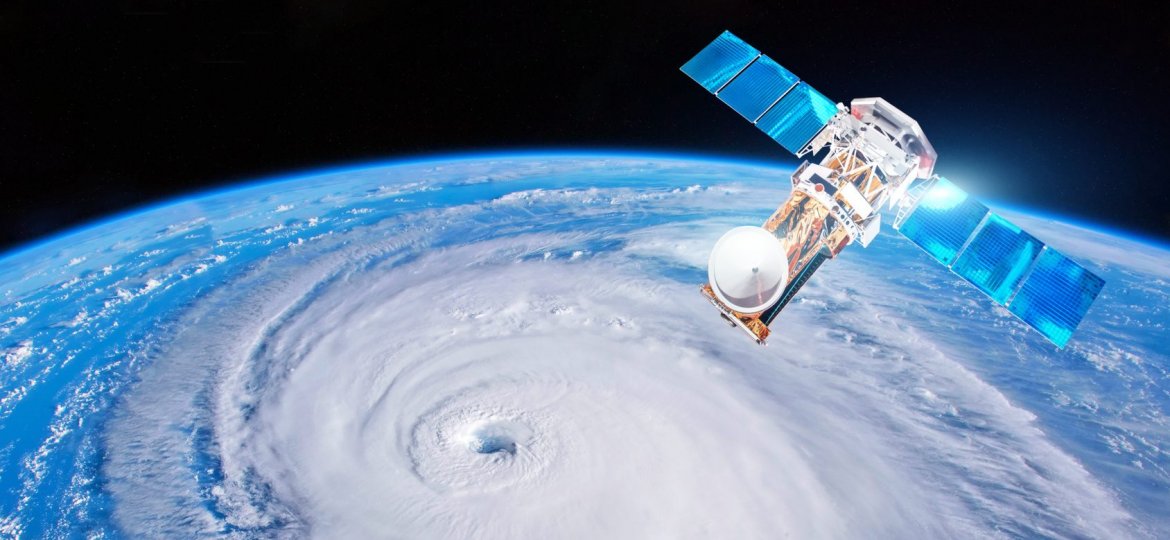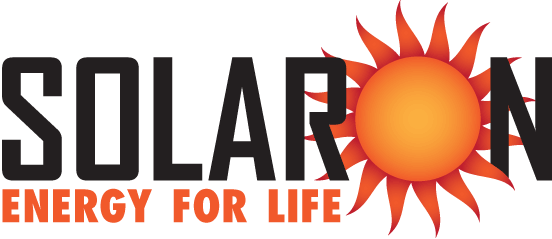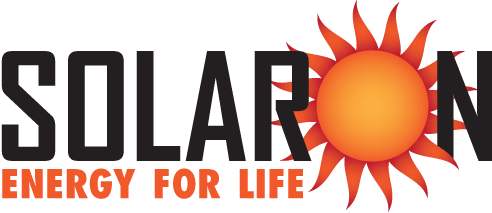
In 1958, the United States launched Vanguard 1, the first satellite to use photovoltaic cells for power. Although photovoltaic technology had existed for some time, it was not until 1954 that Bell Laboratories invented a practical, marketable solar cell. One of the intended uses was to power remote telephone systems in difficult climates, but the expense of solar panels and their inefficiency (only 6% at the time) prevented their widespread acceptance. The Space Race was bound to change all of this.
Early Satellite Power
The Sputnik satellites of the Soviet Union and the first satellite successfully launched by the United States, called Explorer, had no solar cells. They were simply powered by a battery and when it died within a few months, so did the satellite’s transmissions. Given the extremely high cost of developing and launching a satellite, such short lifespans were unacceptable.
When NASA planned the Vanguard satellites, photovoltaic cells were included. These early “solar panels” recharged a battery in the satellite that provided power. It therefore transmitted data on atmospheric density and micrometeors, not just for a short time, but for seven years. This satellite is now the oldest that continues to orbit the Earth today. As a result, Vanguard 1 demonstrated the first long-term practical use of a satellite and solar electricity for a worldwide audience.
Six Decades Later
Today, solar panels are an established part of the energy grid, providing nearly 400 gigawatts of electricity worldwide at the end of 2017. They are also far more durable and efficient than the first models created by Bell Labs. For example, SunPower, the solar manufacturer used exclusively by Solaron in Sacramento and the Bay Area, makes photovoltaic panels that provide over 22% efficiency, nearly a four-fold increase on what was possible sixty years ago. They continue to lead the industry in the improvement of efficiency, durability and cost, providing our customers with reliable solar power for many more decades to come.
Let your family benefit from a technology that helps keep satellites in space by contacting Solaron today!

